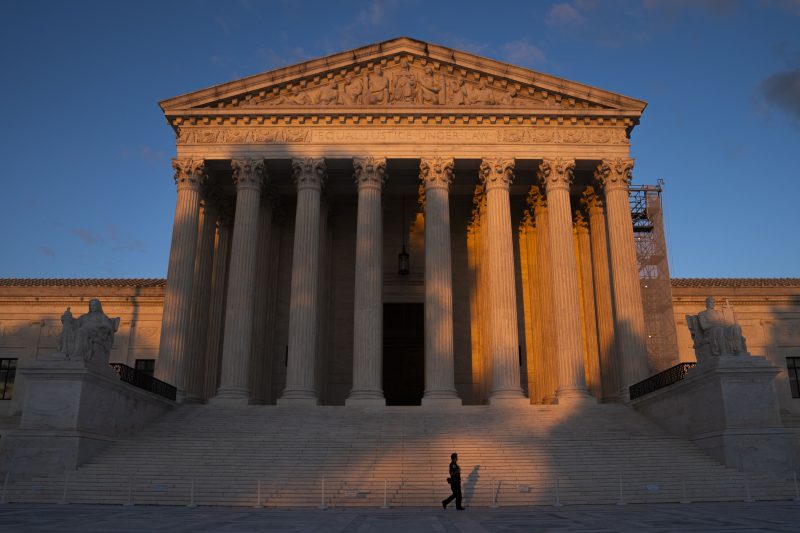Article:
As November’s election season draws near, the Supreme Court of the United States has a plethora of monumental cases on its judicial plate. Two such cases, in particular, are the subject of debates touching on arguments of the second amendment rights and the rights of the transgender people seeking medical care. Both these legal issues – concerning ghost guns and transgender medical care – have the potential to reshape societal norms and rules for years to come.
The court is slated to hear arguments over the regulation on the manufacture and sale of ghost guns. These weapons, essentially, are self-assembled firearms, often built using kits obtained online that contain unfinished frames or receivers. Since they’re made individually and lack commercial serial numbers, they are virtually untraceable – akin to ‘ghosts’ – hence the nomenclature. The inherent clandestineness of such weapons makes them a favorite among criminals, leading in part to their escalating use in violent crimes. Controlling the availability of these types of weapons is thereby considered as one major avenue in addressing the issue of gun violence in the States.
Critics argue that the attempts to regulate ghost guns infringes upon individual Second Amendment rights. The right to bear arms, they insist, also extends to the right to assemble these weapons. This argument about perceived constitutional freedom versus public safety and law order forms the crux of the debate surrounding ghost guns.
The second case that’s bracing the Supreme Court hallway pertains to transgender medical care, specifically in the context of the Affordable Care Act (ACA). The plaintiffs, two transgender women, are challenging the Trump-era rollback of protections against gender identity discrimination in health care. This rollback allows health care providers to deny service to transgender patients based on the provider’s personal beliefs or clinical judgement.
Safeguarding the right of transgender individuals for unhindered access to health care posits an interesting legal challenge. On one hand, it is about providing a safe and inclusive health environment to a marginalized group. On the other hand, it questions the extent of health care providers’ religious freedom. The outcome of this case will no doubt have far-reaching implications for equality rights in America, specifically the rights of the LGBTQ+ communities and the right to health care.
Both the ghost guns case and the transgender medical care case gravitate around the broad theme of individual rights against public safety or collective rights. With these cases, Supreme Court is examining where these rights end and where the state’s responsibility to ensure public safety or collective equality begins. Through the lens of these cases, the Court will provide vital judicial guidance on these contemporary topics, with societal implications echoing into the foreseeable future.
The decisions of the Supreme Court in these matters hold immense significance, given the heated political environment and the rapidly approaching election. The result, whether in favor of the individual or collective rights, is sure to shape the national conversation and potentially even the election outcome. As both sides of the aisle await the Court’s decisions, the whole country stands to witness how these landmark legal battles will unfold.
